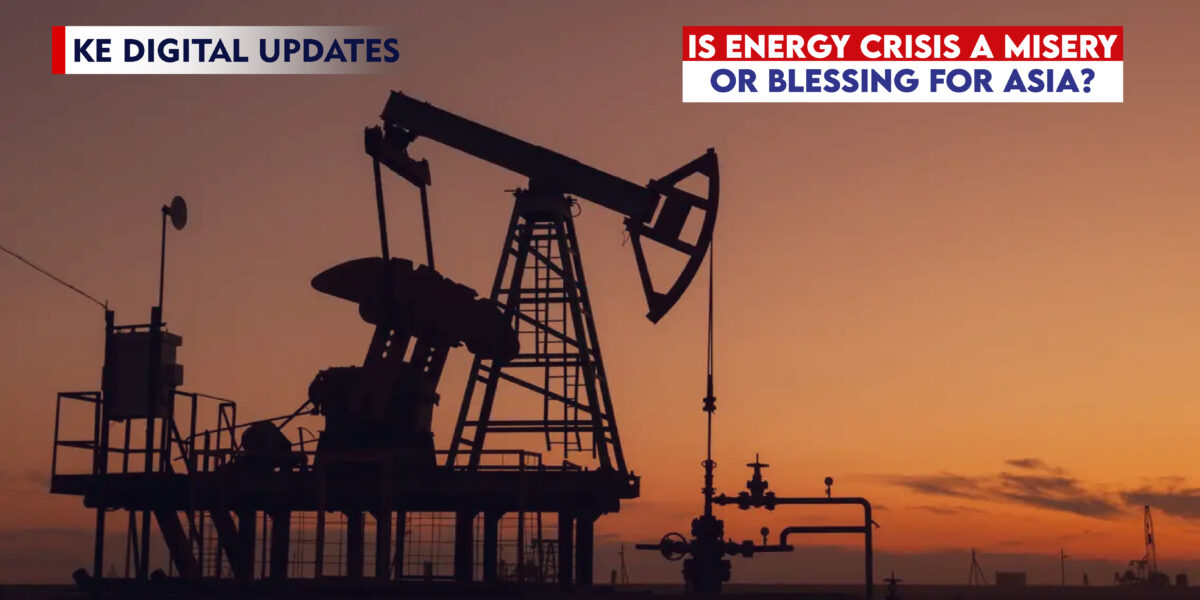The energy crisis impacted the industrial & trade activities globally. It needs to understand who is affected more by the problem or gets more benefits from this. The energy crisis is worst in Europe than in Asia. In Europe, trade is slow in the Black Sea region, and rising energy cost has provided a golden opportunity to Asia’s steel exporters as semi-finished steel products are free from import quotas and duties in European Union.
Due to high energy costs, European mills have increased the prices of all types of coil from €50-100/MT and for long steel products by €100/MT. However, buyers are not interested in accepting the increase in prices, mainly for flat steel products. European mills adopted the strategy of production cuts to have a better approach.
EU banned trade with Russia in March 2022, which caused to increase in imports from Egypt, India, and Indonesia. Ukraine has halted the supply to the EU; its two main ports, Mariupol & Odesa, were destroyed by Russia; most of its trade is through road, and it has few trade activities. China is becoming the leading supplier of steel products to the EU.
Asia is becoming a cheaper market for imports as it is not dependent on supplies of Russian gas through the pipeline of Nord Stream 1. Few countries like China & India have purchased coal at lower prices from Russia. Asia’s long steel products are the best substitute for the steel products of Turkey origin because the cost of Turkey is increasing rapidly.
Imports of semi-finished & long steel from Southeast Asia to Europe are estimated at 100,000 tons in the few weeks, while the share of Indonesia to Germany & Poland was 30,000 tons. Steel billets prices remained $515-525/MT FOB. From January to June 2022, the EU’s imports from India are 69.1 thousand tons of wire rods against 23.88 thousand tons in 2021.
In Asia, demand for steel products is low, but steel manufacturers have raised the prices due to the contracts with Europe and Turkiey. Steel mills from Indonesia and Malaysia are unwilling to sell their products at lower prices in the same region; they finalized agreements for October & November at higher prices.


